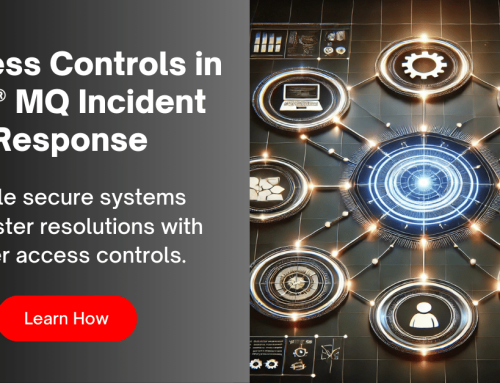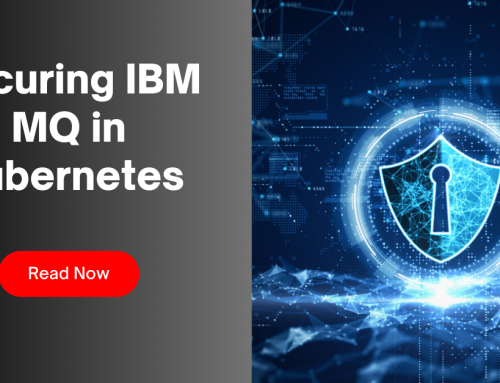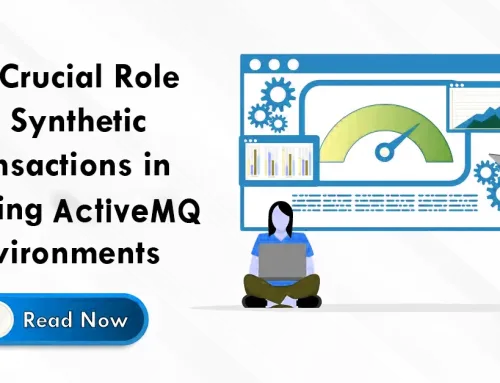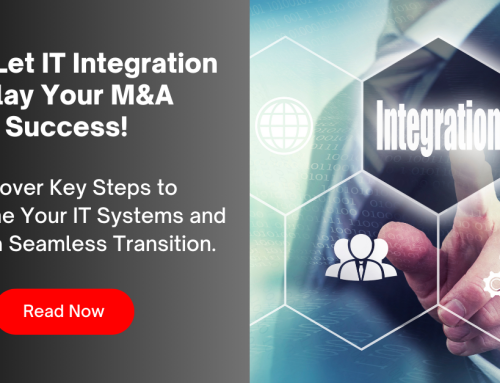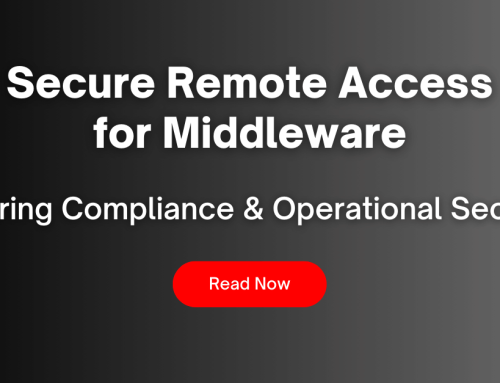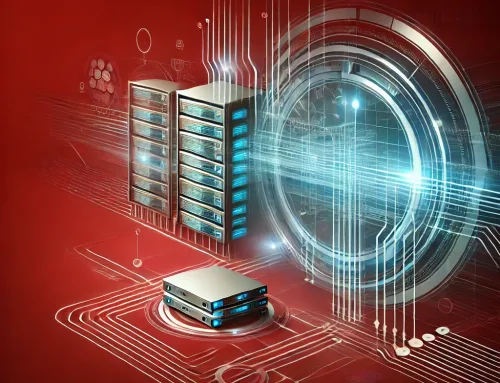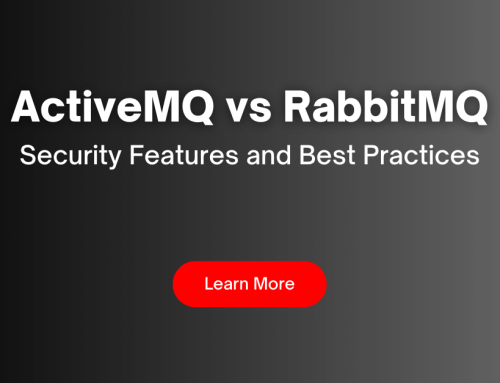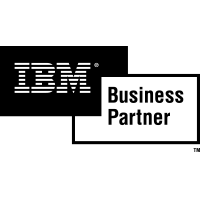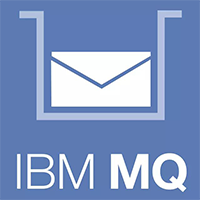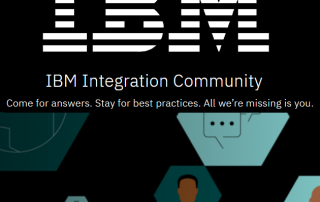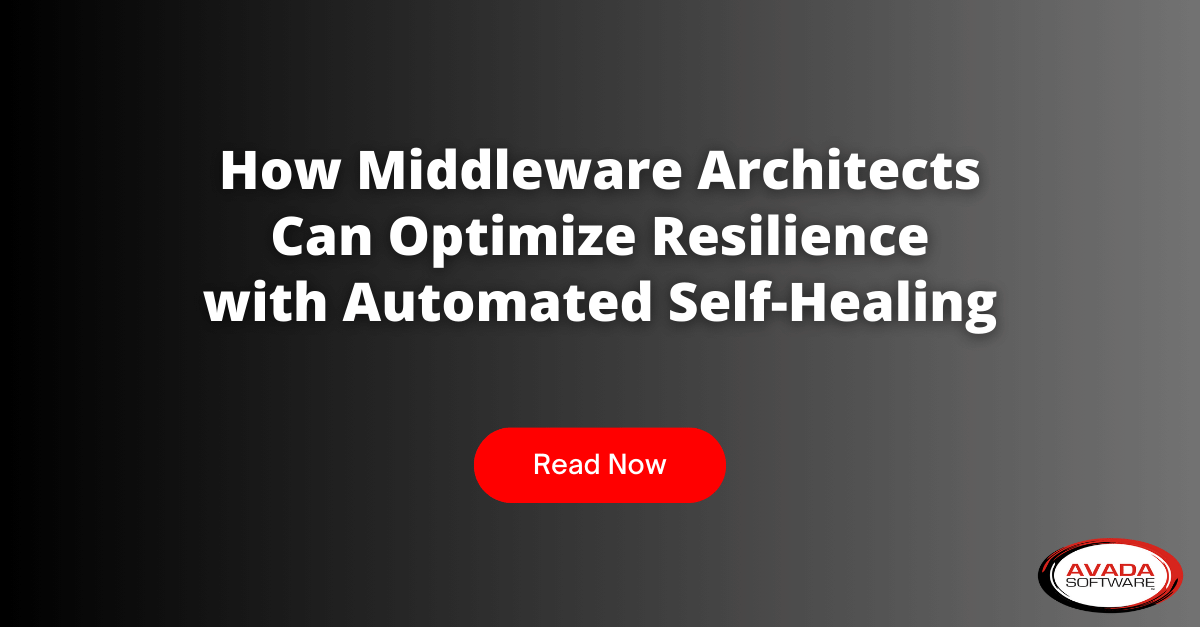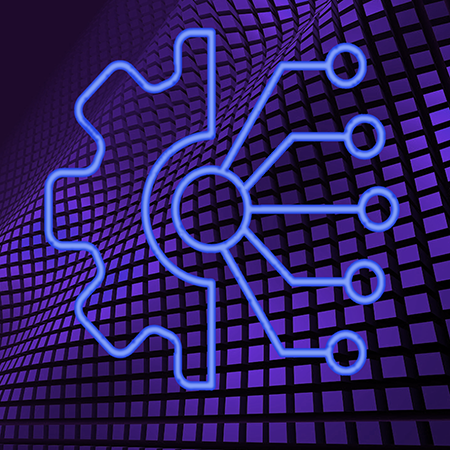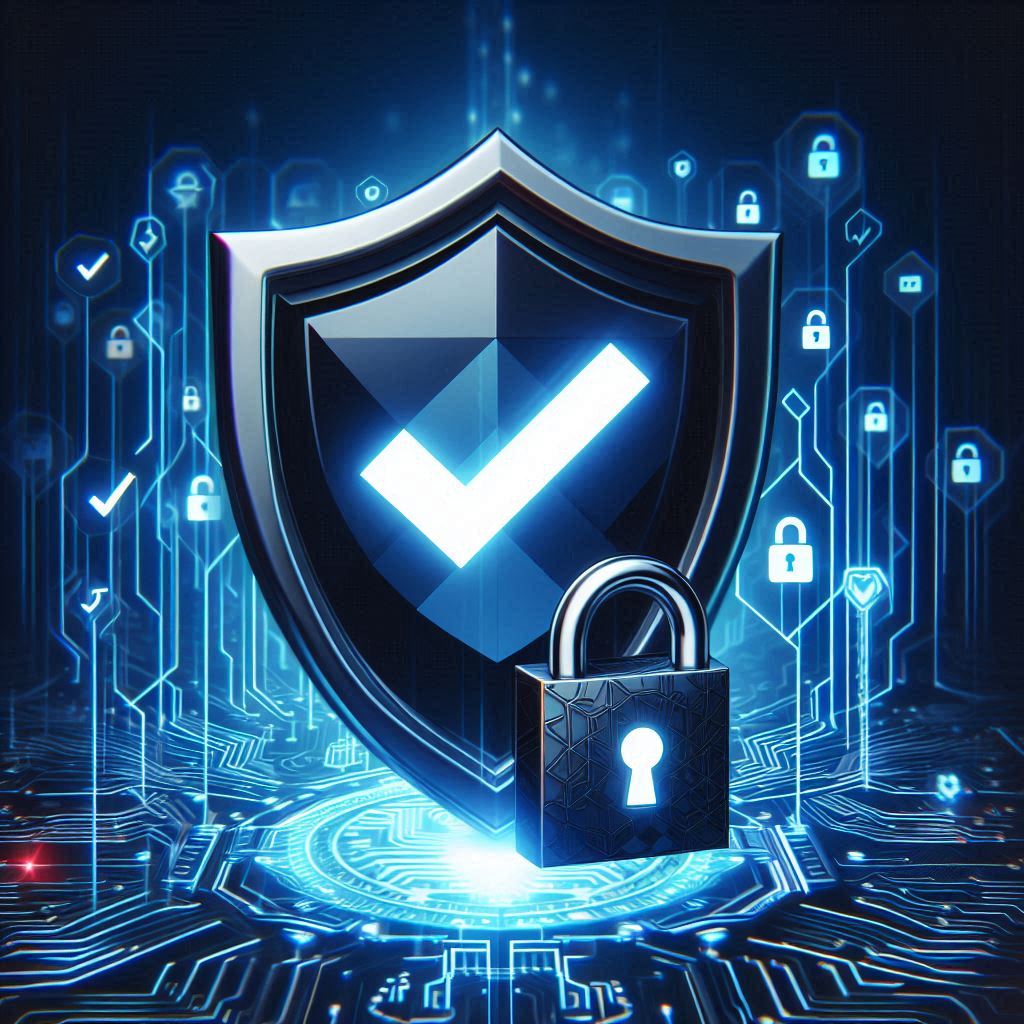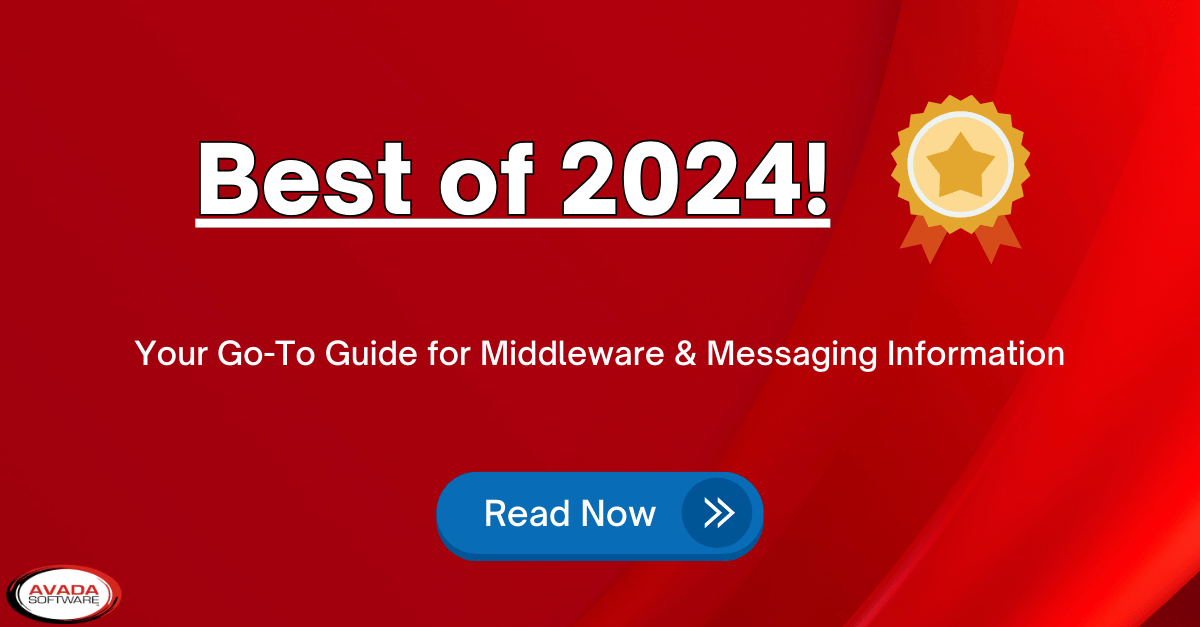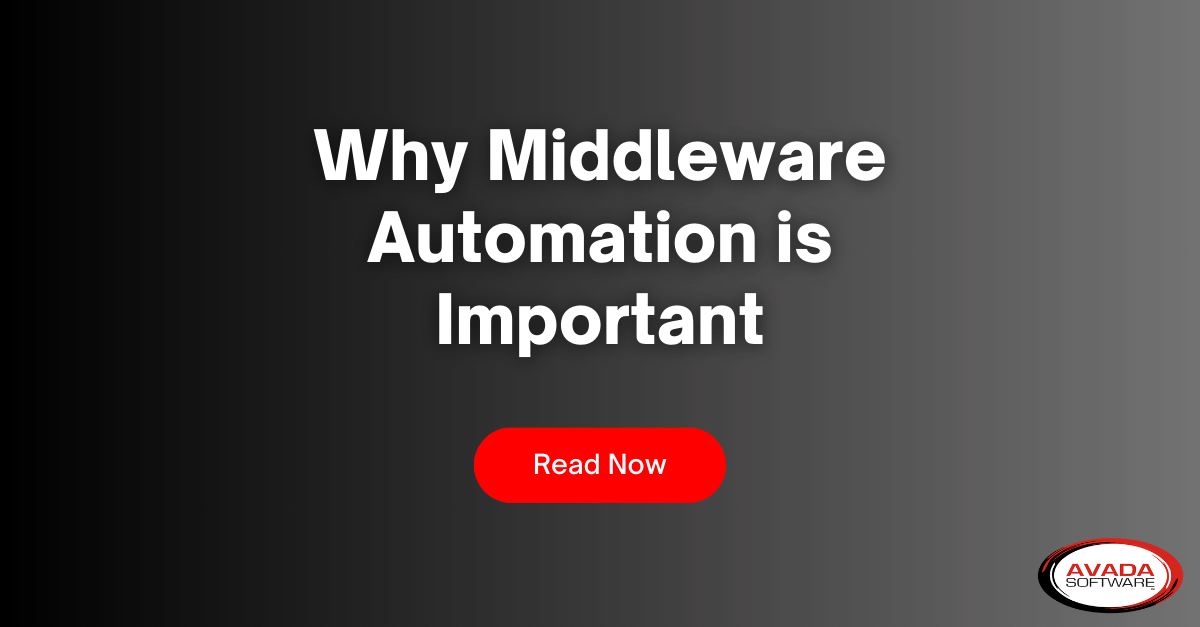
While our global leaders attend their political Summits, perhaps they should include an IT GTP Summit to their agendas. As IBM has pointed out [https://twitter.com/IBMintegration], 94% of global banks and 85% of F100 companies use IBM/MQ to carry their transactions from place to place.
Frankly, it is the least discussed yet critical technology used worldwide. I would venture to say if the licenses for all the IBM/MQ technology were to freeze tomorrow, the world’s economy would stop dead. Banks, brokerages, transportation, supply chain, retail, utilities, healthcare, and more use it to send data privately, cautiously, and assuredly from place to place.
So while the CIOs of the world talk about mobile, and cloud, and storage (all important), realize that within those realms, transactions must go from point A to point B so that Corporations can receive important transactional information from inside and outside the organization. If the pipe the data travels through is broken, no data will get to the other end of the pipe.
As noted in a previous blog, I’ve noticed a movement to explore other models of enterprise messaging. A big push for this is always cost.
Companies want to drop their license costs, of which MQ is one, on every server that transacts such business. Going to open source models however, is risky business. Open Source means it’s open for people to inspect, diagnose, review … HACK! Also, the costs of migration are in almost ALL cases substantially greater than the cost savings of licenses alone.Lastly, as a colleague had recently shown at an industry conference, ‘with those licenses comes superior features, functionality, and security’. Picture an iceberg. The costs of open source are people, time,support and maintenance. That is the part you don’t see under the water, the much larger part rather than the part above the water, the cost of IBM/MQ licenses.
Competing models, especially open source, are slim to none on API interface and administrative functionality (some are completely bereft) to their transactional engines. This makes finding and correcting issues slow, if not impossible, in a standard MTTR SLA. Ensuring that SLA is met is essential for Enterprise businesses who would not appreciate the ramifications of having transportation customers waiting in lines, banking customers financial transfers not process properly, brokerage customers having unsettled trades, and business supply chains frozen. So while executives look at bottom line costs of licenses, it is guaranteed that the manpower costs of migration are at least 2 to 1 spread across a typical 3 year ROI timeframe. Yet, the result is less functionality and decreased assured delivery of those all important transactions.
In summary, not only the pipeline itself, but the tools and technology workers that keep these pipelines flowing are essential and important to not only their own corporations, but the global economy. Keeping the pipes clean, free from defect, well maintained and flowing smoothly is an essential responsibility. Respect the pipes!
Written by Peter D’Agosta
More Infrared360® Resources

